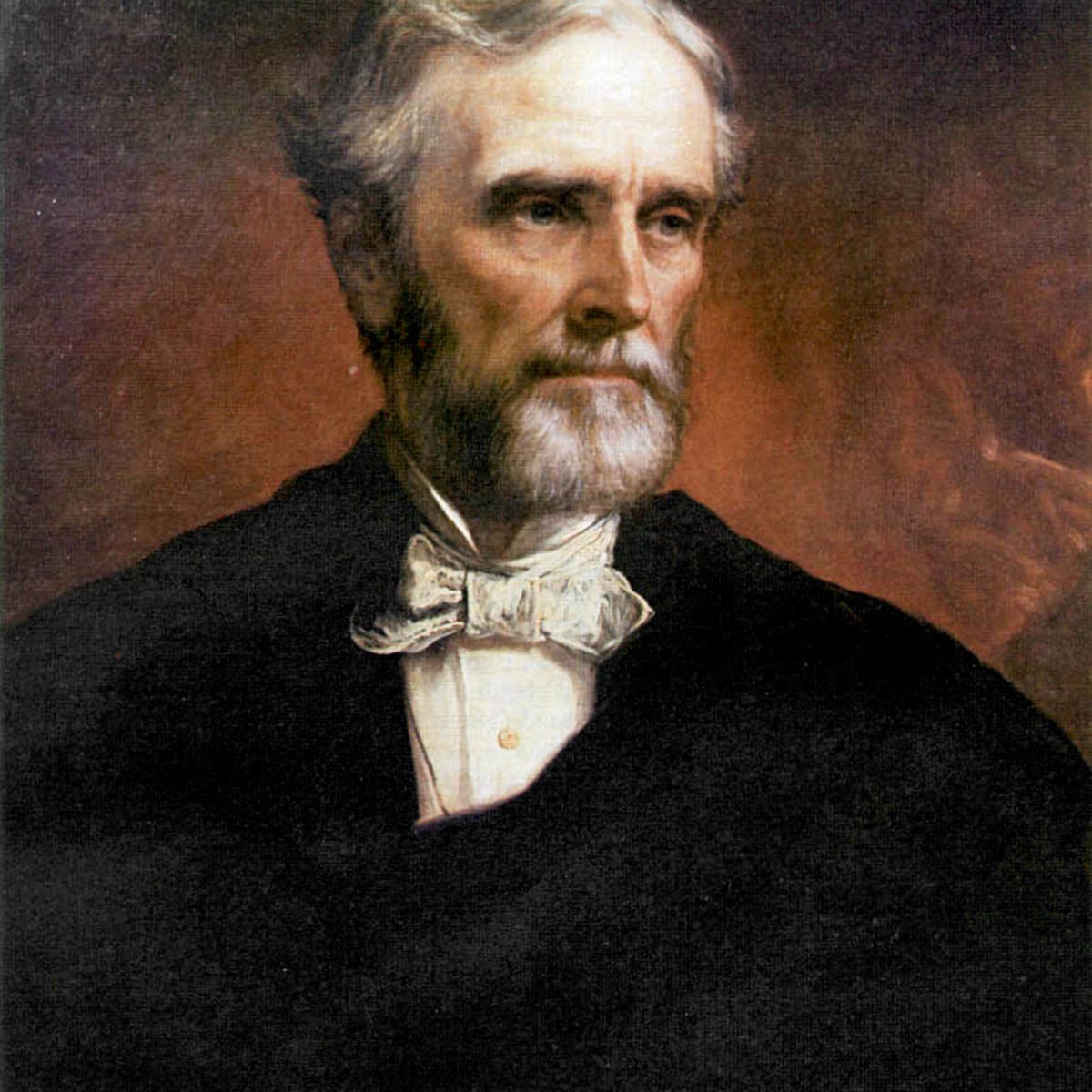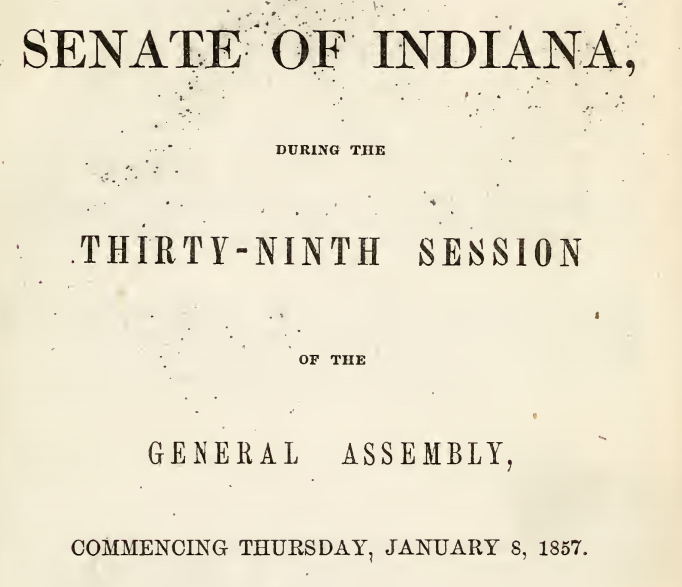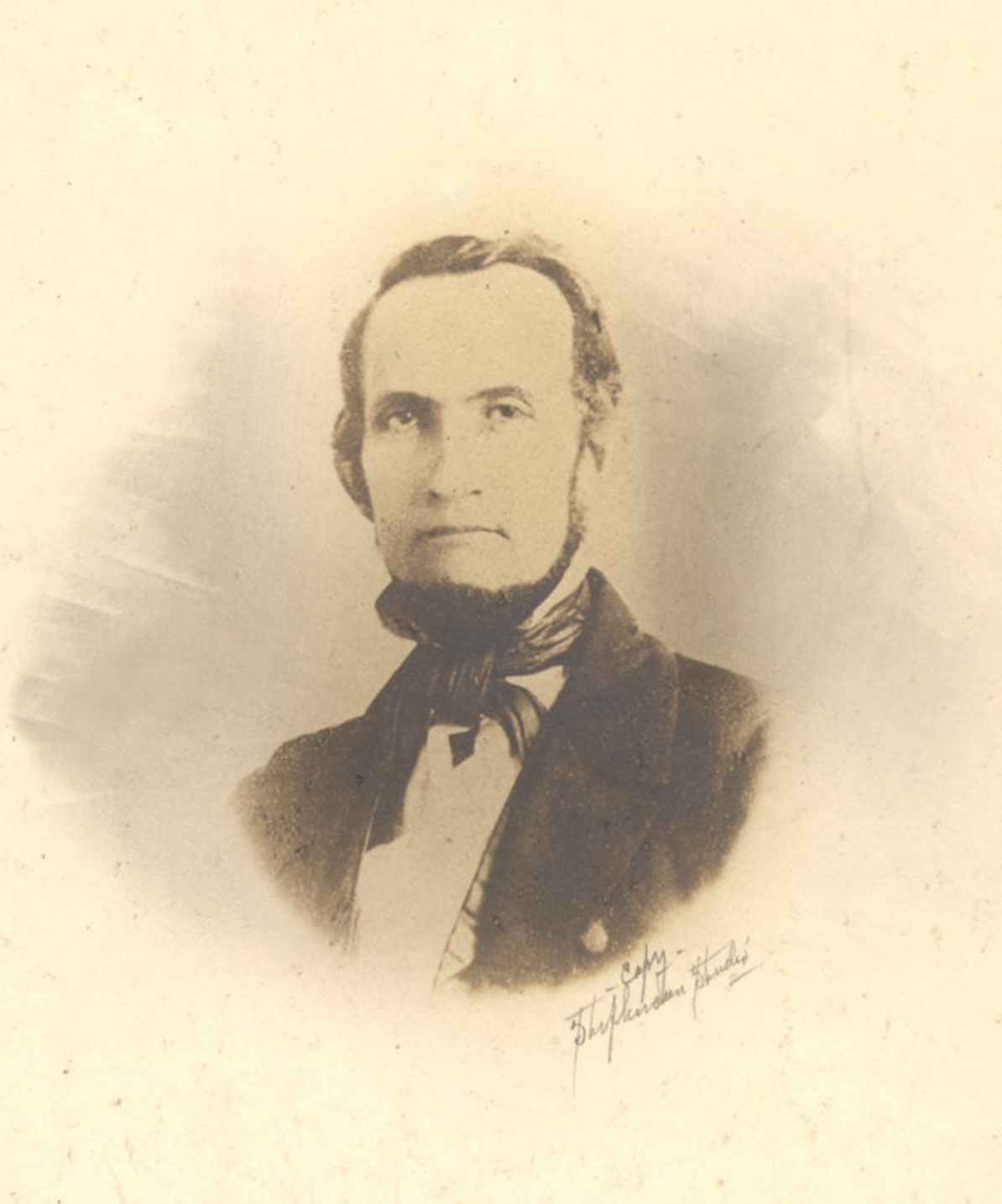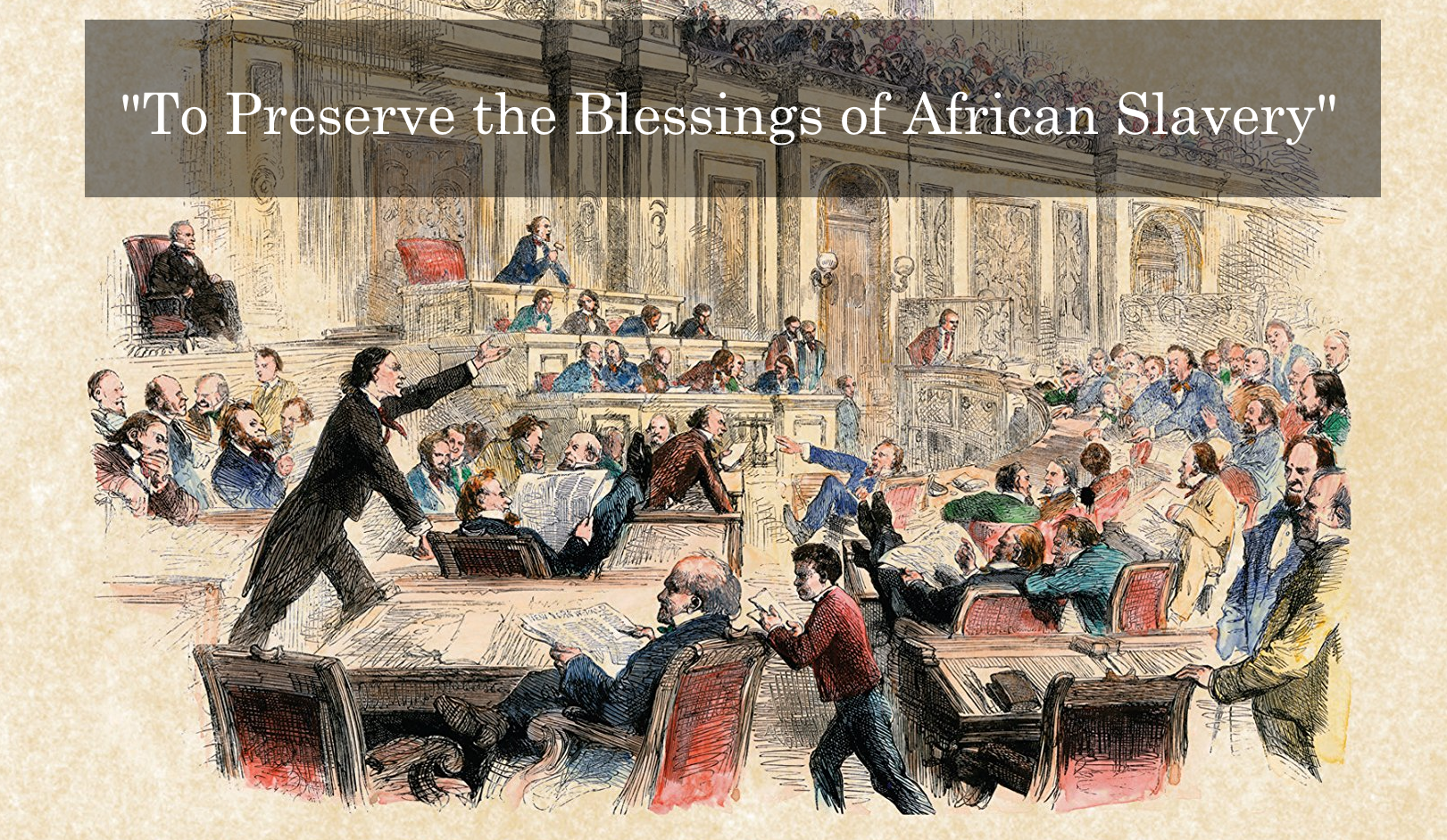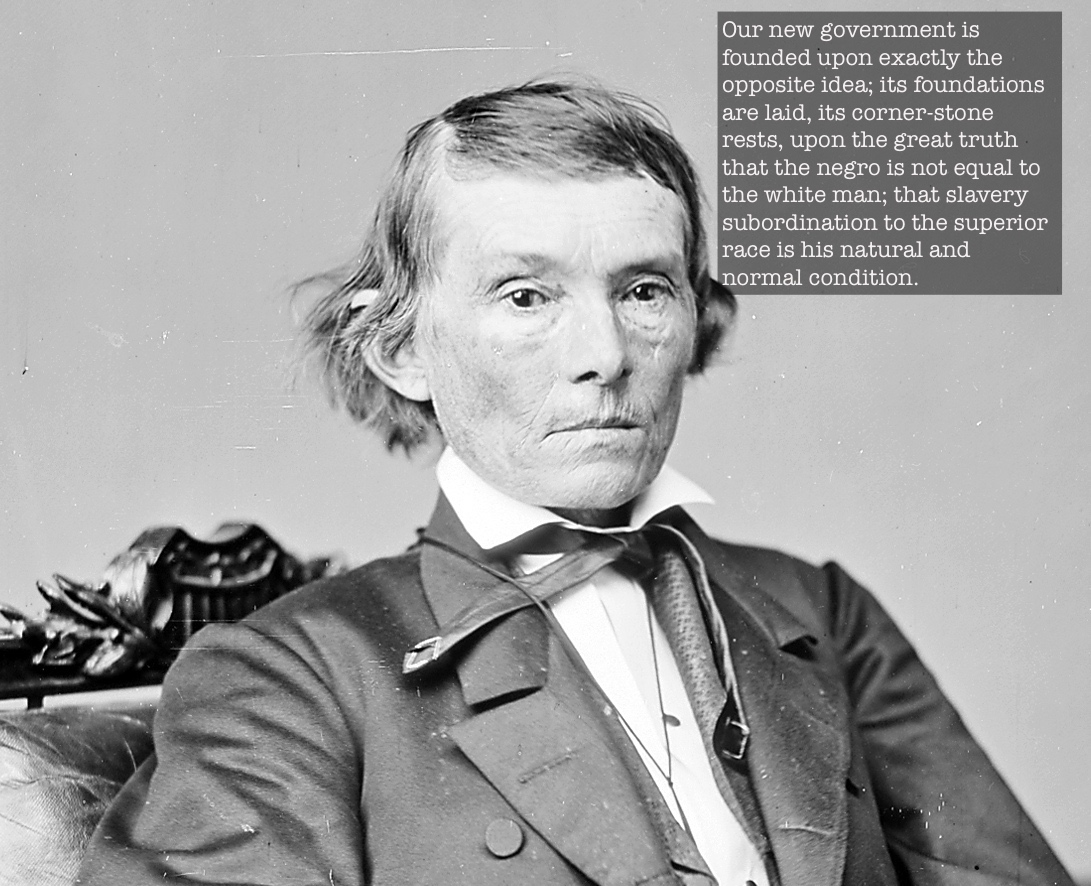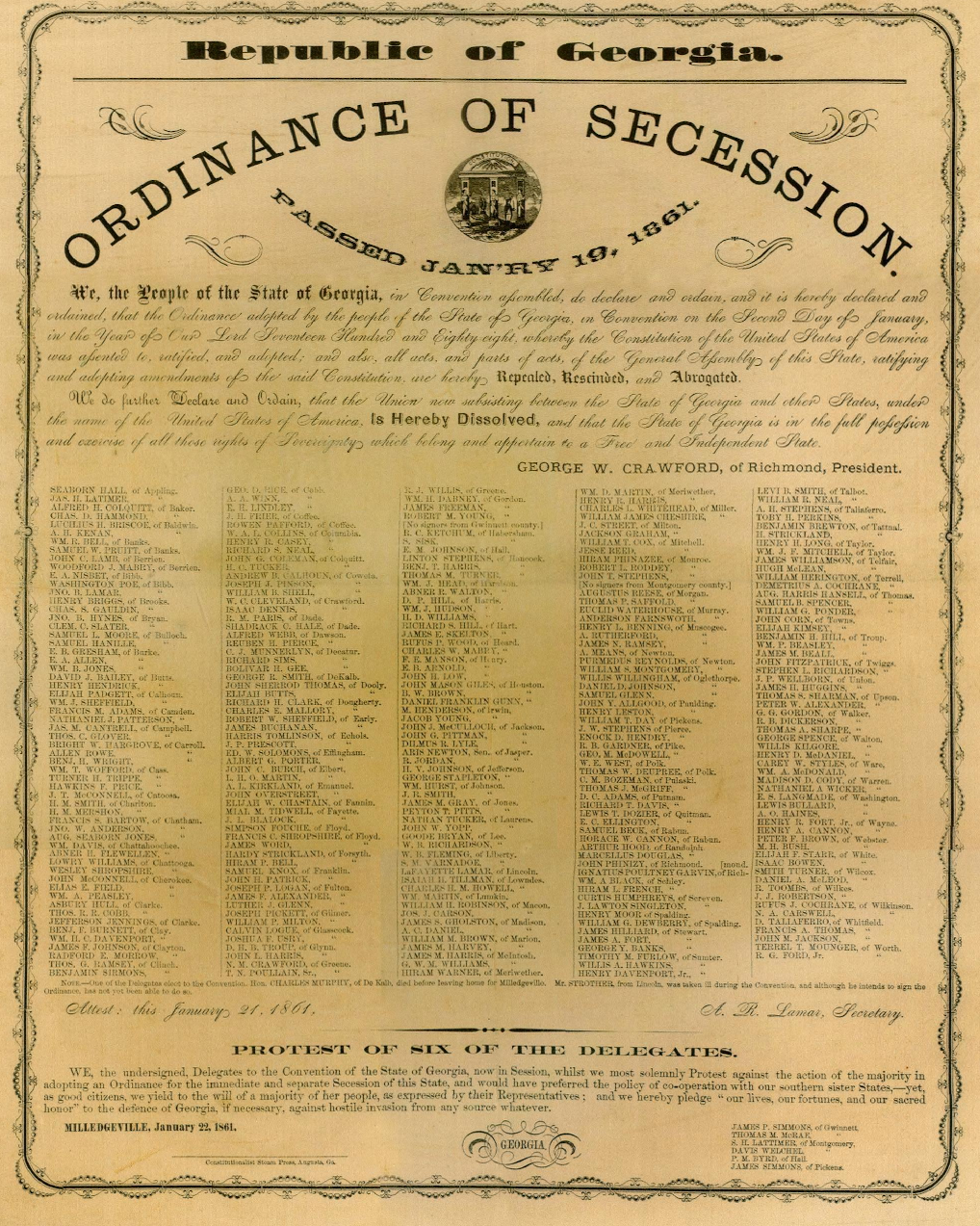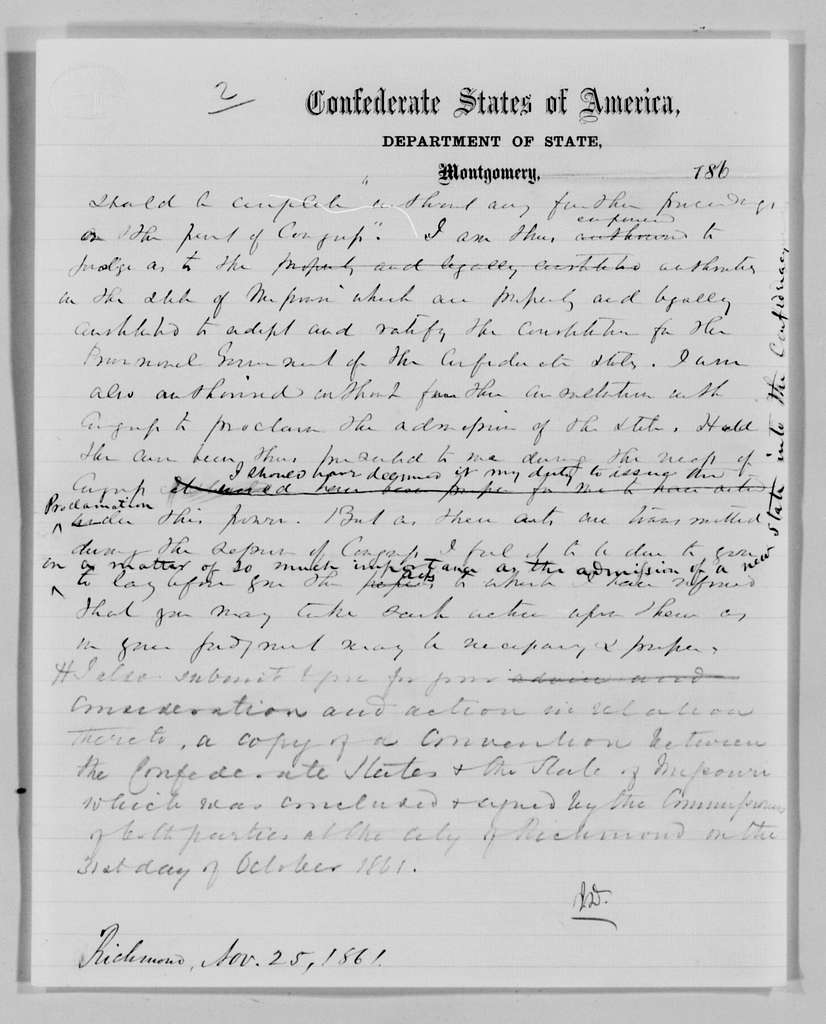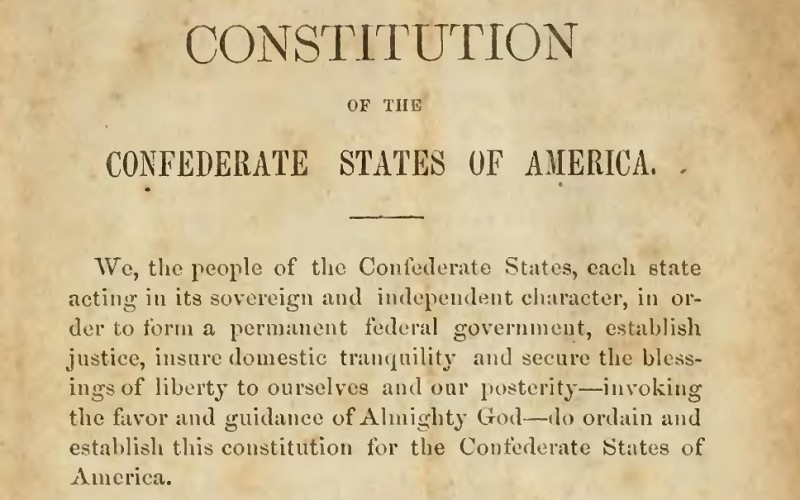At the same time they proclaim war upon the slave property of the South, they ask for protection to the manufactures of the staple which could not be produced if that property did not exist. And while they assert themselves to be the peculiar friends of commerce and navigation, they vaunt their purpose to destroy the labor which gives vitality to both ; whilst they proclaim themselves the peculiar friends of laboring men at the North, they insist that the negroes are their equals ; and if they are sincere (hey would, by emancipation of the blacks, bring them together and degrade the white man to the negro level.
Who now stand arrayed against the democratic party? The relations of parties and the issues upon which we have been divided have changed. What now is the basis oi' opposition to the democratic party ? It is two-fold interference with the negroes of other people, and interference with the rights now secured to foreigners who expatriate themselves and come to our land. [" Hear, hear," and applause.] To each community belongs the right to decide for itself what institutions it will have. To each people sovereign within their own sphere, belongs, and to them only belongs, the right to decide what shall be property. You have decided it for yourselves. Who shall gainsay your decision? Mississippi has decided it for herself; who has the right to gainsay her decision? The power of each people to rule over their domestic affairs lies at the foundation of that Declaration of Independence to which you owe your existence among the nations of the earth; that declaration which led your fathers into and through the war of the revolution. It is that which constitutes to-day the doctrine of state-rights, upon which it is my pride and pleasure to stand. [Applause.] Congress has no power to determine what shall be property anywhere. Congress has only such grants as are contained in the Constitution. And the Constitution confers upon it no power to rule with despotic hand over the inhabitants of the Territories. Within the limits of those Territories, the common property of the Union, you and I are equal; we are joint owners. Each of us has the right to go into those territories, with whatever property is recognized by the Constitution of the United States.
Why, then, in the absence of all control over the subject of African slavery, are you agitated in relation to it? With Pharisaical pretension it is sometimes said it is a moral obligation to agitate, and I suppose they are going through a sort of vicarious repentance for other men's sins. [Laughter.] Who gave them a right to decide that it is a sin ? By what standard do they measure it? Not the Constitution; the Constitution recognizes the property in many forms, and imposes obligations in connection with that recognition. Not the Bible; that justifies it. Not the good of society ; for if they go where it exists, they find that society recognizes it as good. What, then, is their standard? The good of mankind? Is that seen in the diminished resources of the country? Is that seen in the diminished comfort of the world? Or is not the reverse exhibited? Is it in the cause of Christianity ? It cannot be, for servitude is the only agency through which Christianity has reached that degraded race, the only means by which they have been civilized and elevated. Or is their charity manifested in denunciation of their brethren who are restrained from answering by the contempt which they feel for a mere brawler, whose weapons are empty words?
Speeches of the Hon. Jefferson Davis, of Mississippi, delivered during the summer of 1858.

